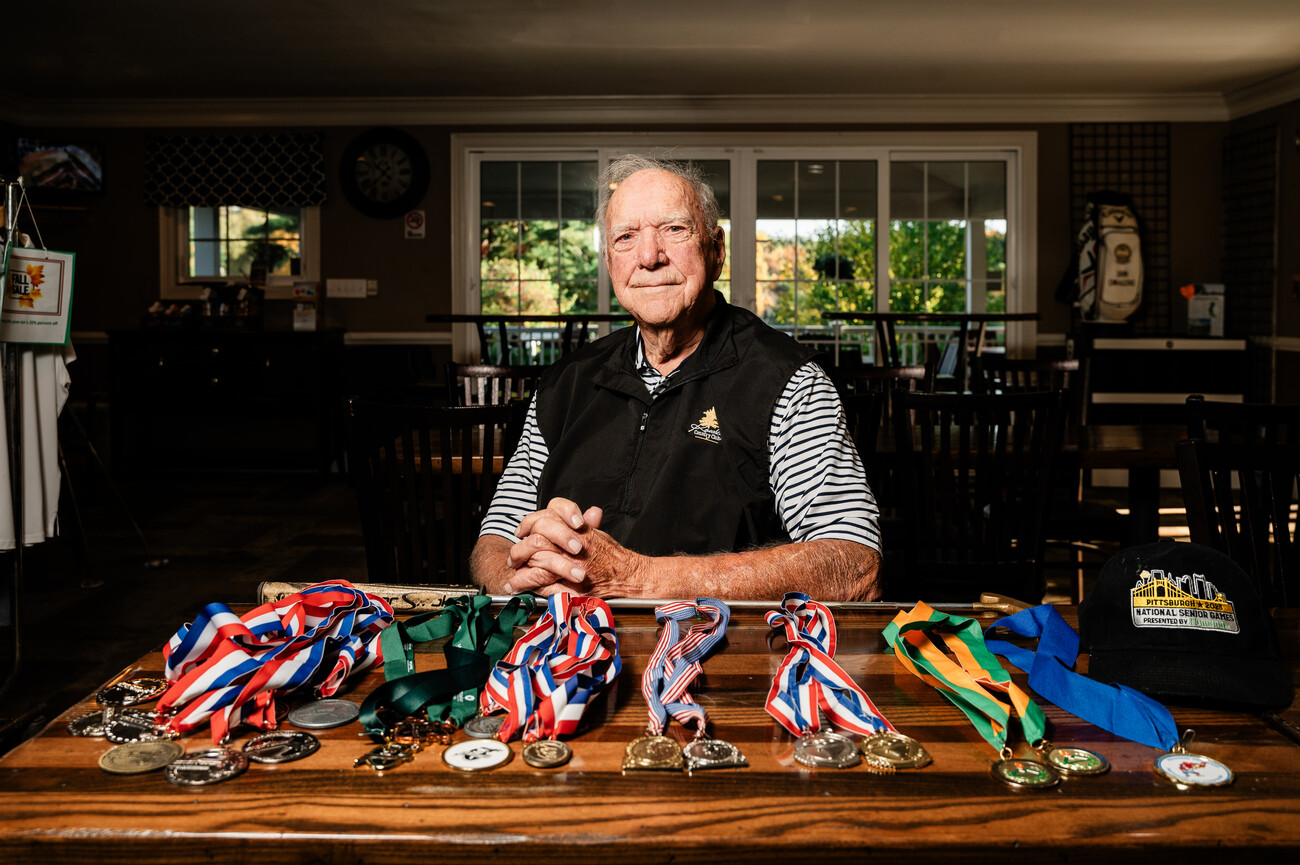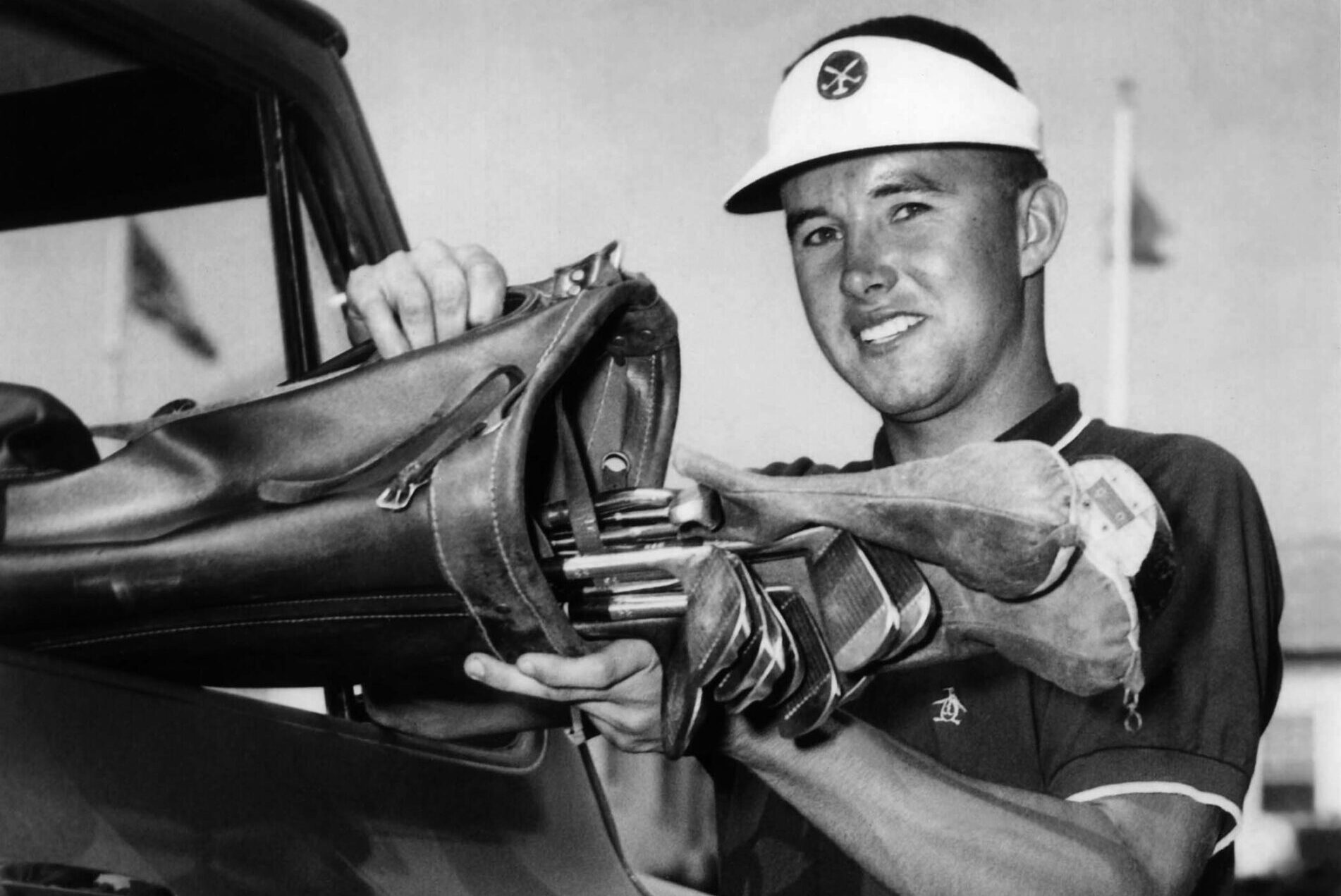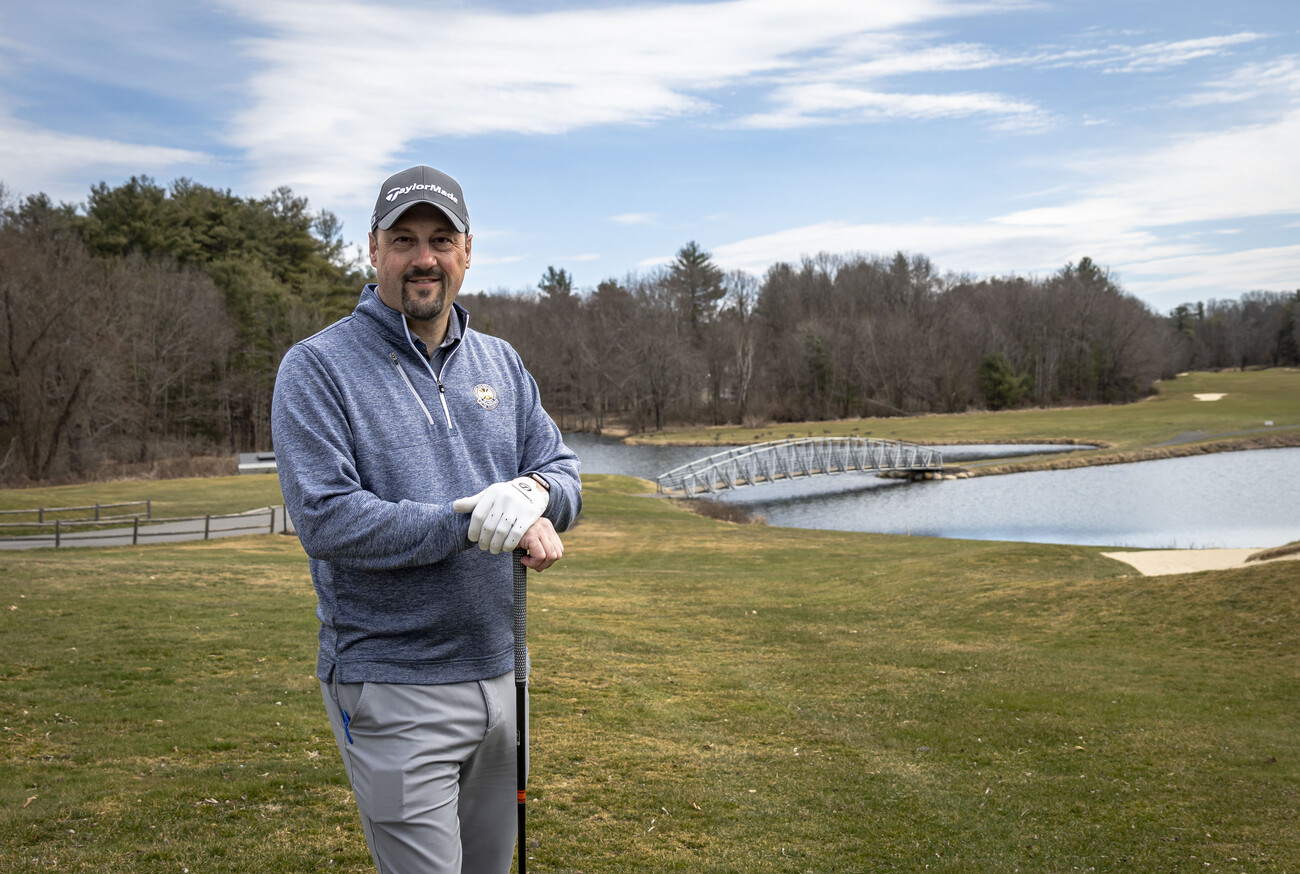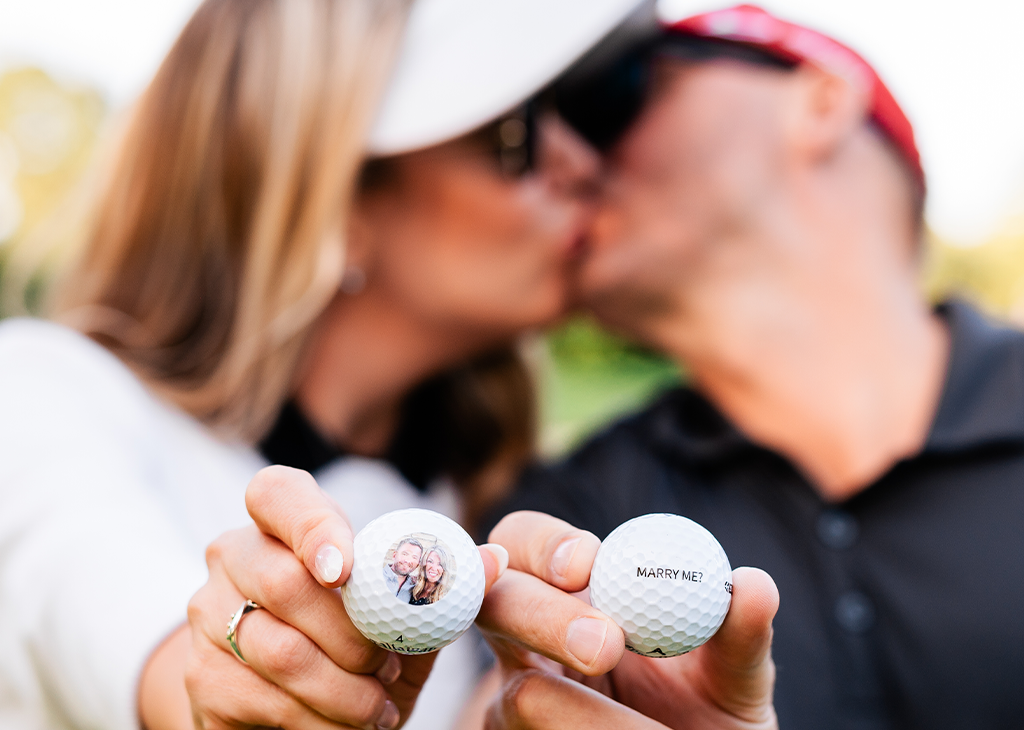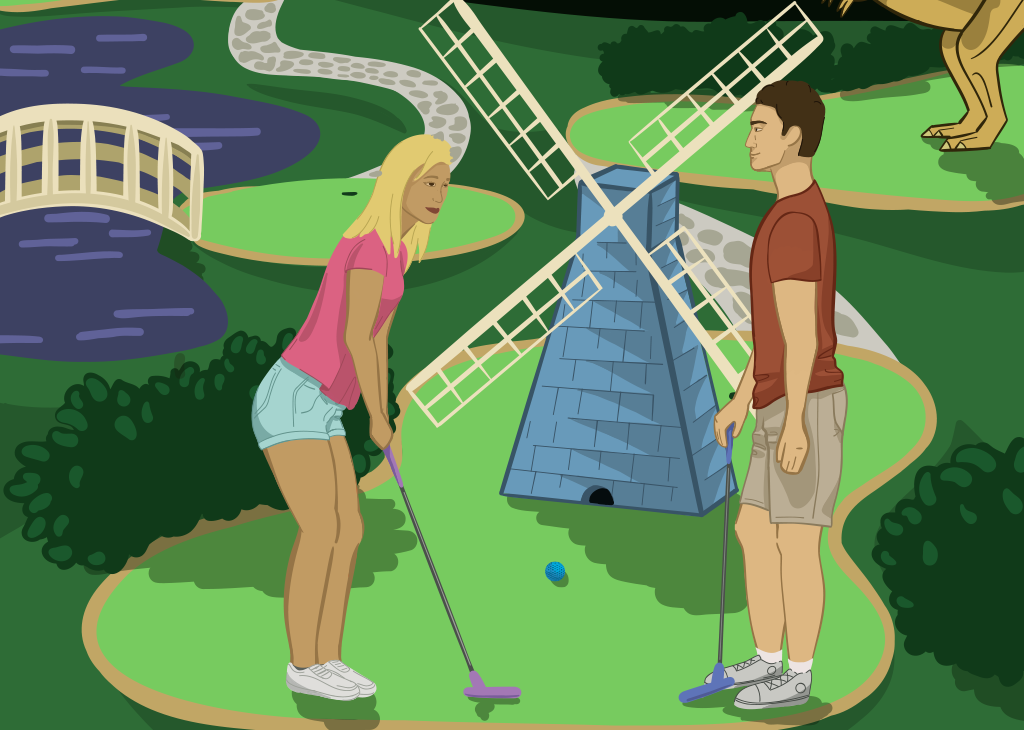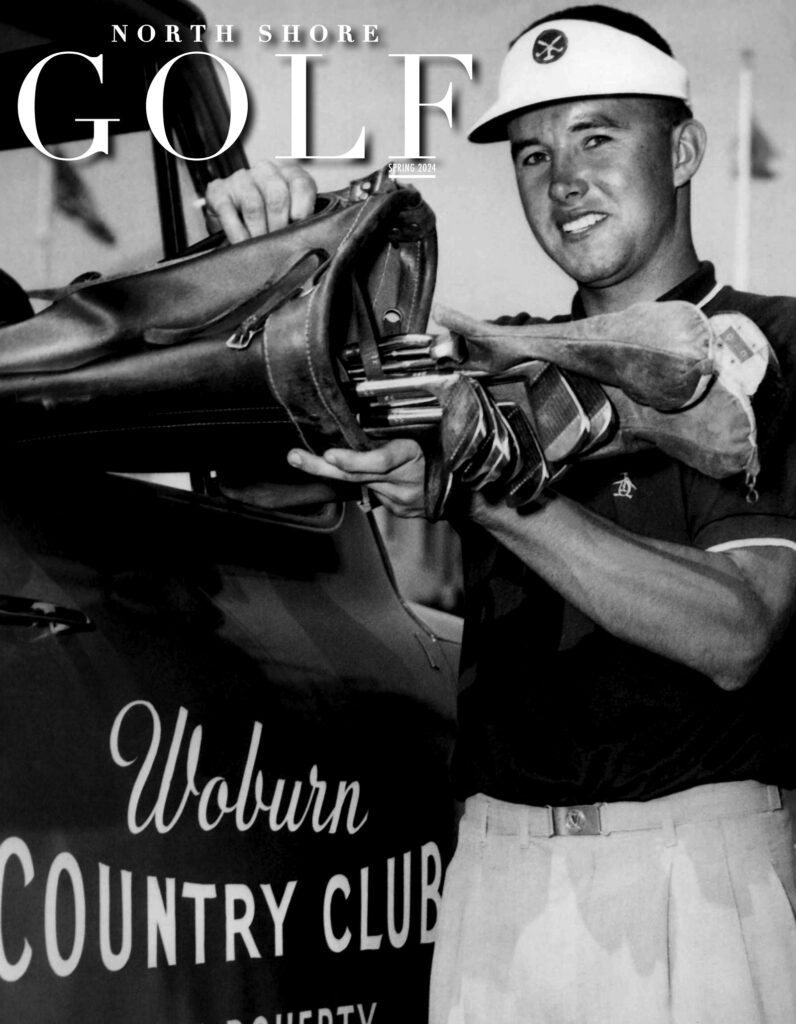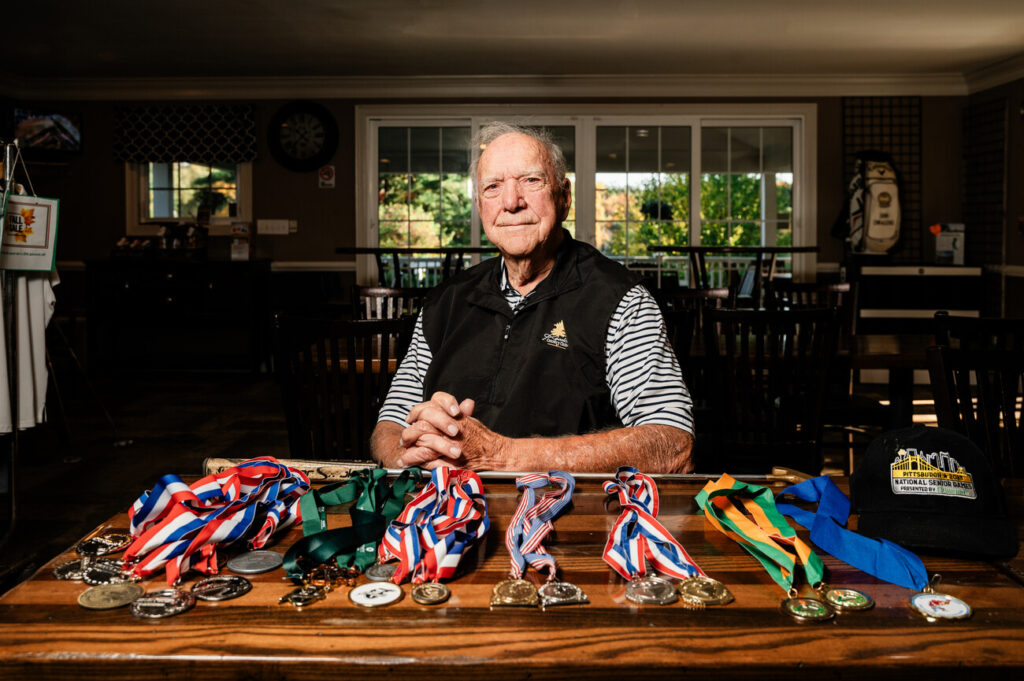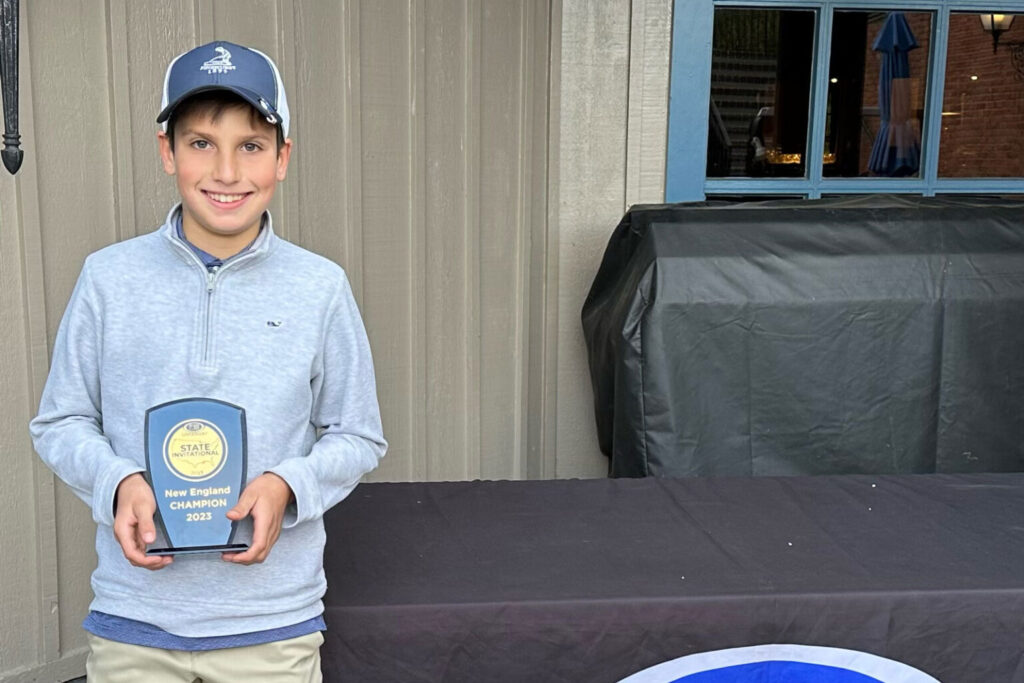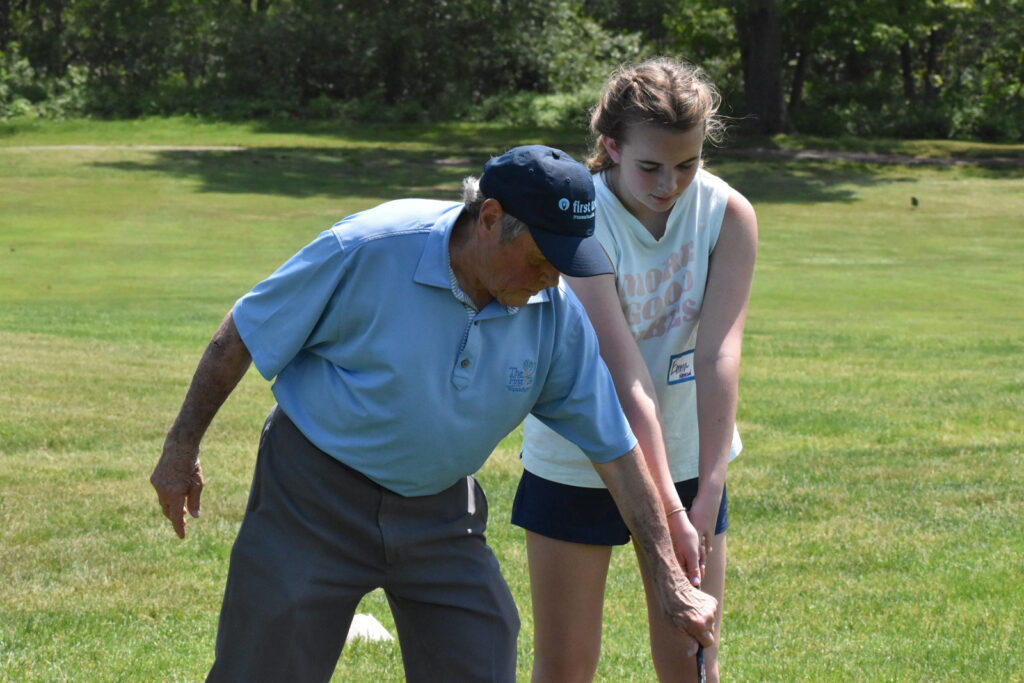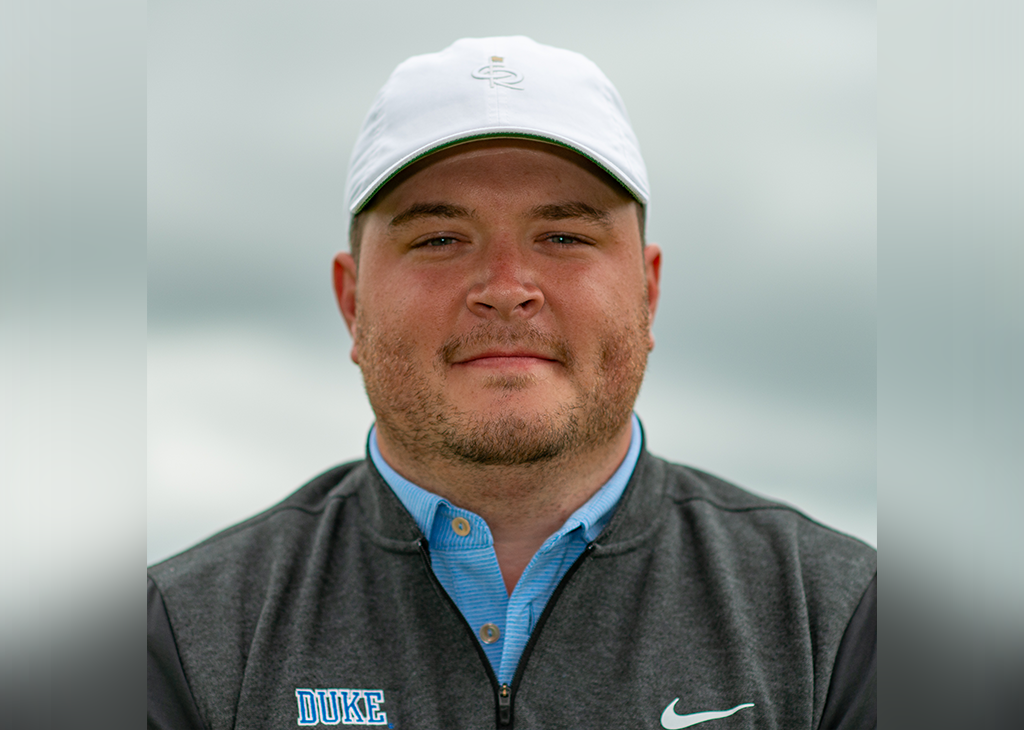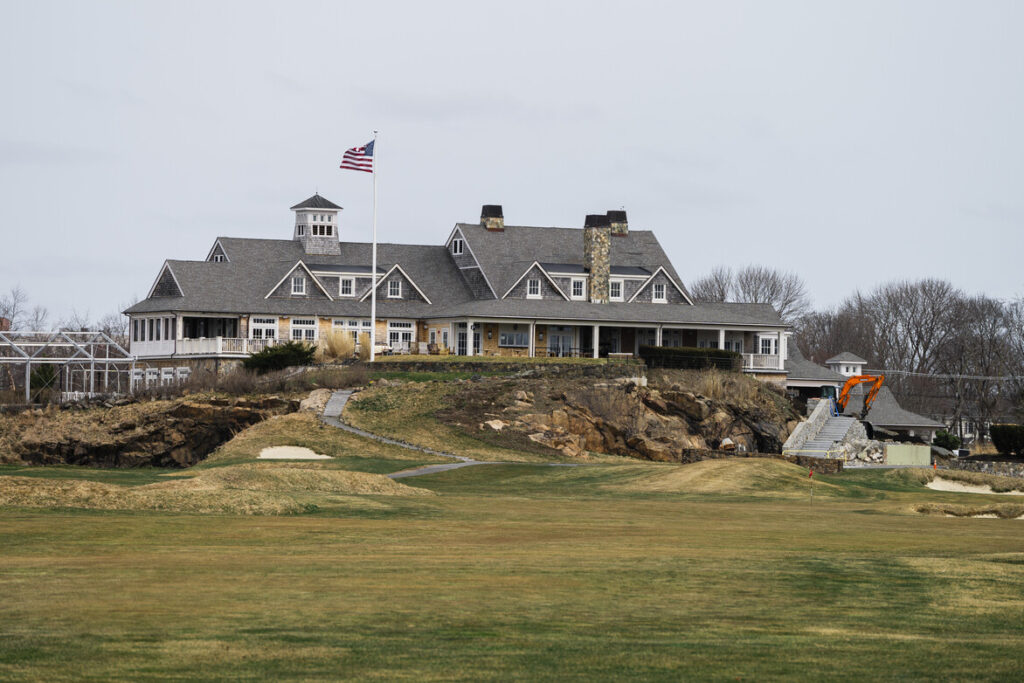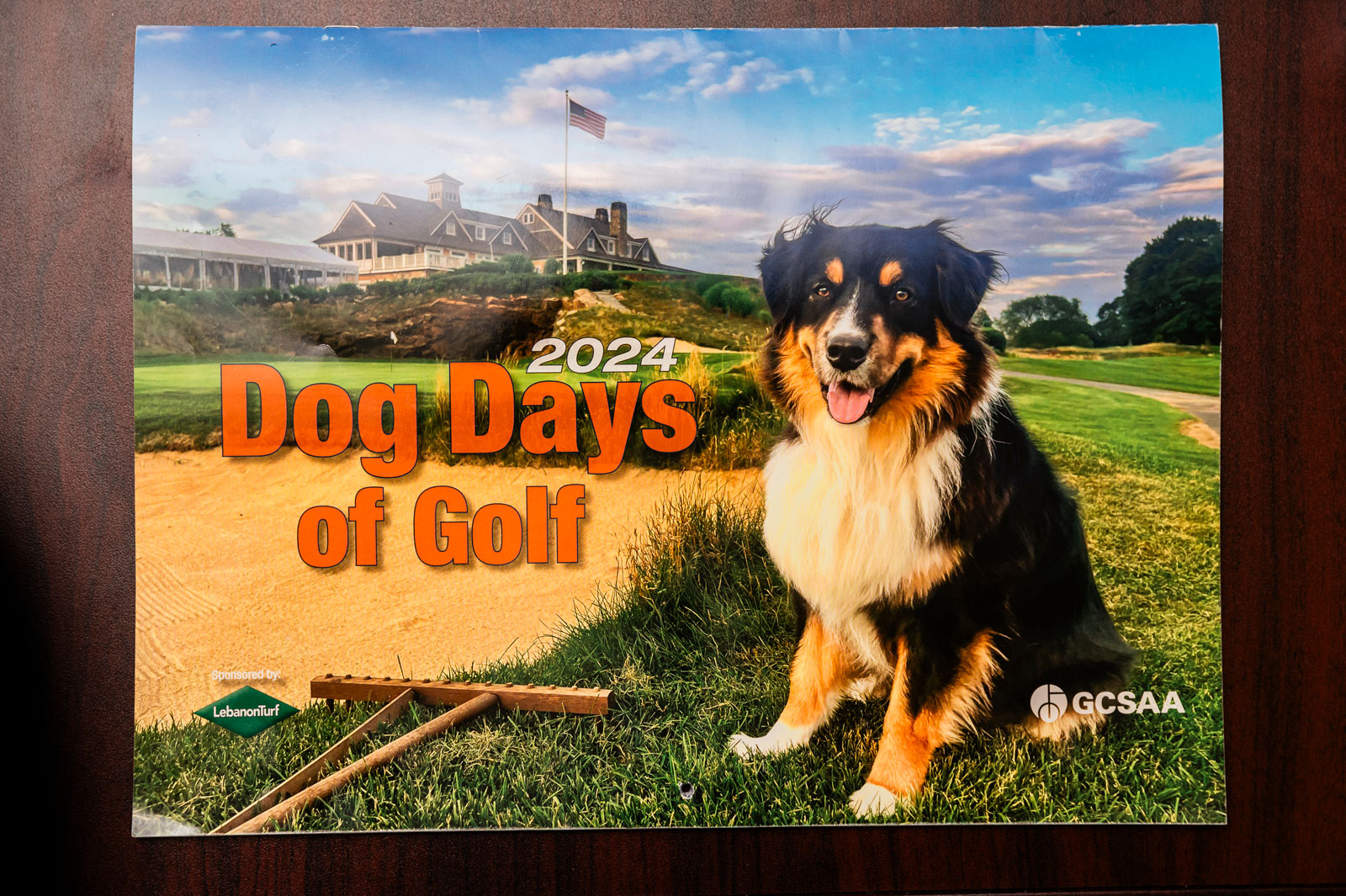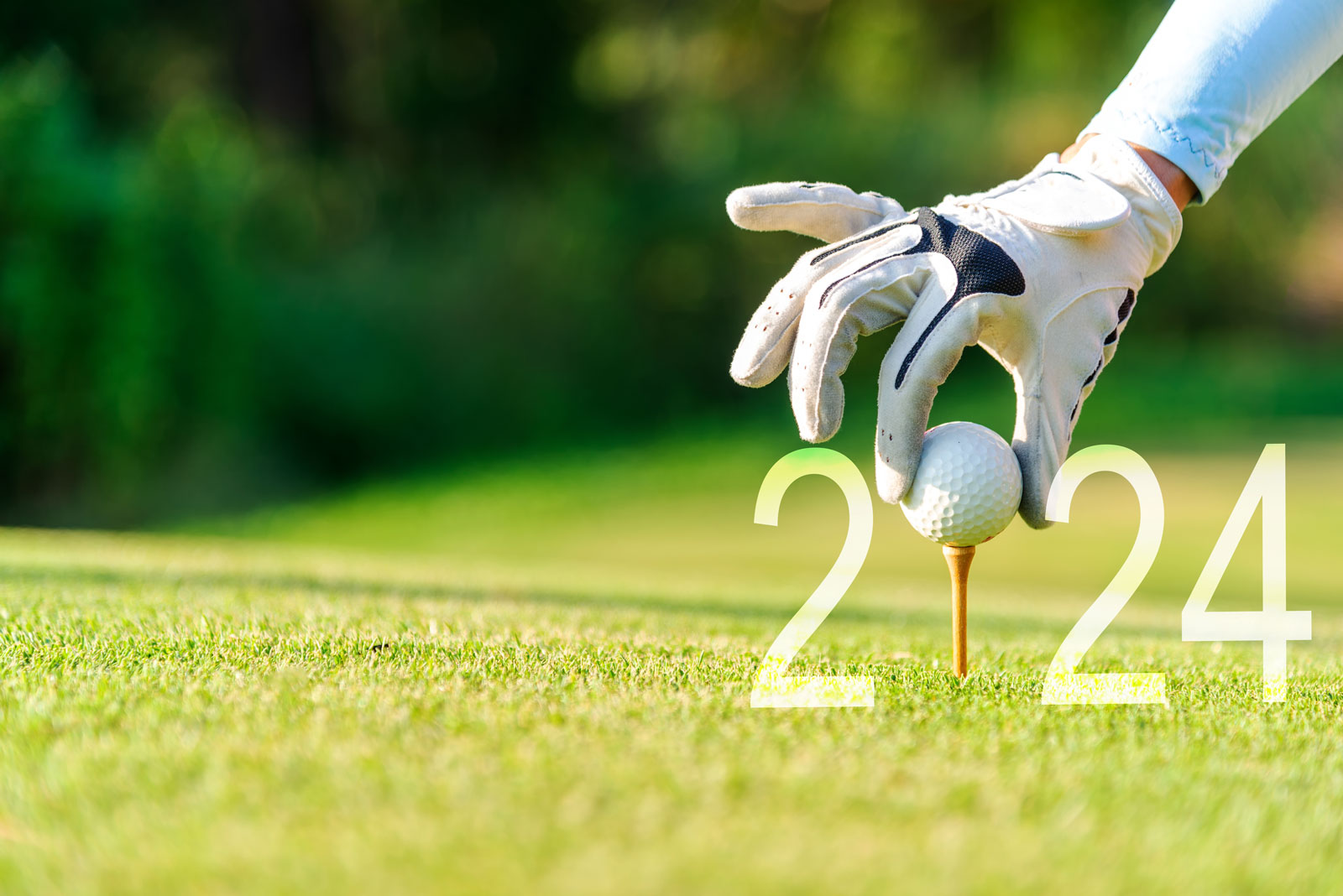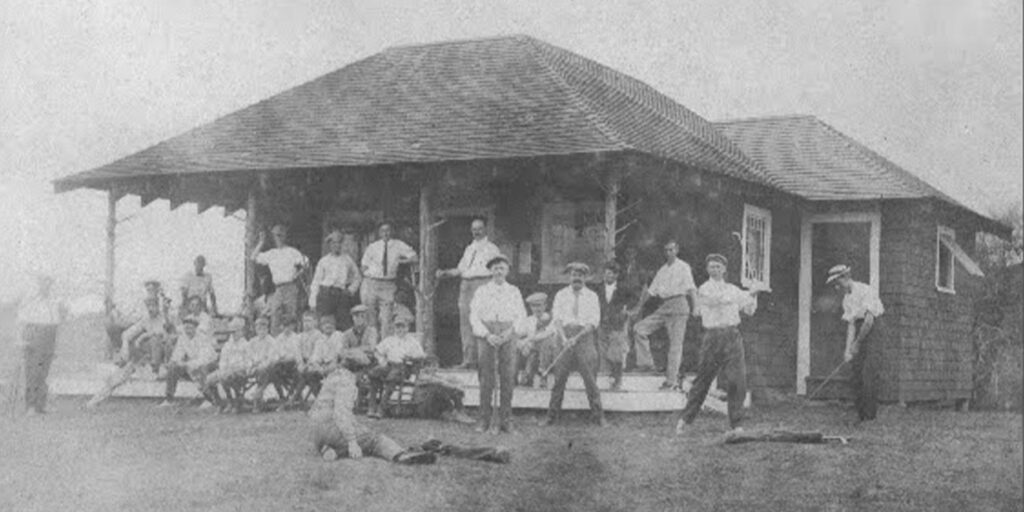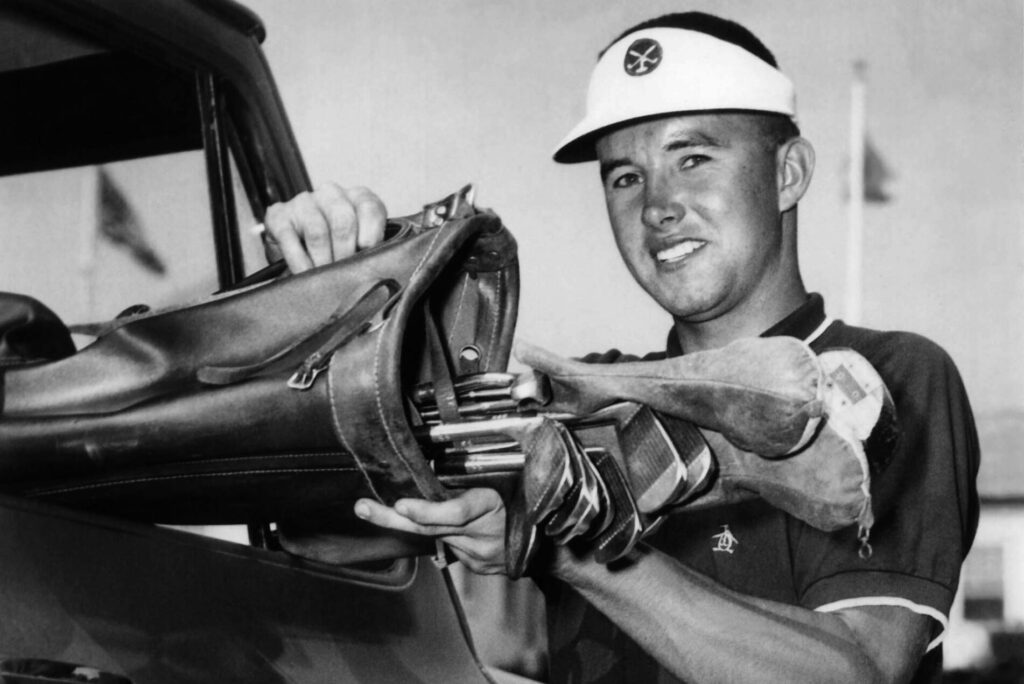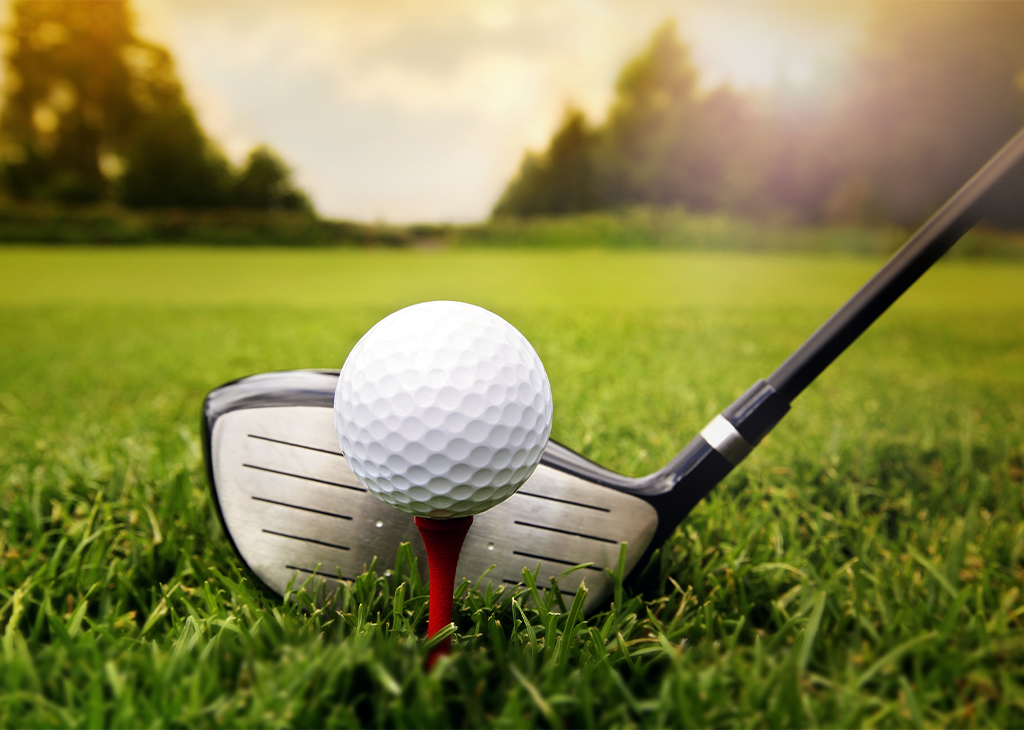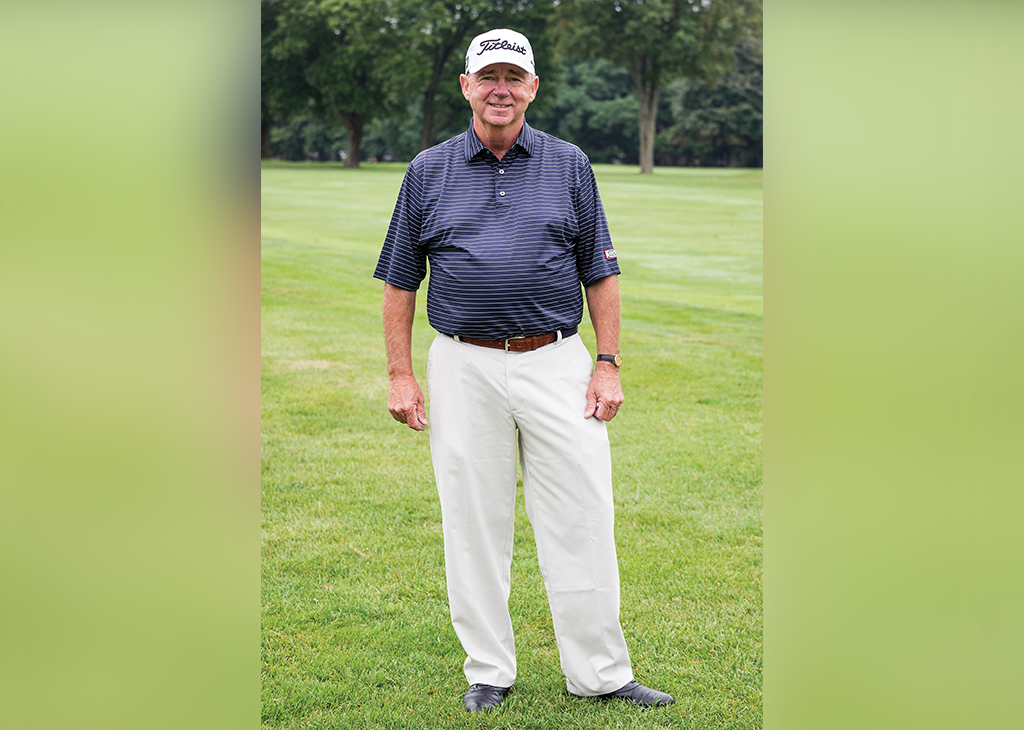People and Places
God-given talent
The Rev. Bill Boylan didn’t play much golf before his 50th birthday. The Ipswich native was busy rescuing an underperforming…
Young Saugus golfer wins New England Tourney
Nine-year-old Thomas LeBlanc started his golf career at the age of 5 at Paradise Family Golf. (Lisa LeBlanc) Thomas James…
Tobin receives NEPGA Youth Player Development Award
Jim Tobin recently received the New England PGA Youth Player Development Award due to his work with young golfers through…
Nick Maccario’s perfectly happy with his amateur status
Nick Maccario Nick Maccario came oh, so close to qualifying for this year’s US Open at Los Angeles CC, which…
Swampscott voters say no to Tedesco tax break
As cities and towns are finding it more challenging to balance their budgets while providing essential services for residents, the…
Love on the links
Lindsay Milne and Kevin Grant got engaged on the 18th green of Wenham Country Club this summer. On May 26,…
Leisure & Lifestyle
Cover Boy Clover
Clover, the adorable Black Tri Australian Shepherd who spends his days at Tedesco Country Club running around with course superintendent…
2024 Golf Calendar
Mass Golf’s MIXED FOUR-BALL CHAMPIONSHIP FOR THE STONE CUP at Granite Links Golf Club (Quincy) April 23 Mass Golf’s FOUR-BALL…
Past & Present
Happy 125th anniversary Wenham Country Club
Wenham Country Club celebrates its 125th anniversary this year. Legend has it that in 1847 a group of young Myopia…
CADDIE MASTERS
Two of the most recognizable financial and philanthropic giants on the North Shore (and on the planet, for that matter)…
Course Directories
Spring 2024 Course Directory
PRIVATE CLUBS Andover Country Club60 Canterbury St., Andover, MA 01810andovercountryclub.com; 978-475-1263Golf Professional: Christopher TalbertSlope 133; Rating 71.8 Bass Rocks Golf…
Notebooks
Spring 2024 Notebook
Every autumn since the 1980s, the men and women of Bass Rocks GC and Rockport GC have competed for the…
Pro Tips
Recreational golfers get the short end of the stick
Bob Green After almost a decade of discussion, despite strong opposition from golfers of all abilities, the United States Golf…
Shades of Green
Ryder Cup Captain Zach Johnson announced the players on his 2023 team in late August. Some years it’s about who’s…

